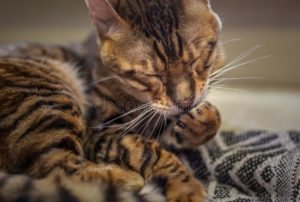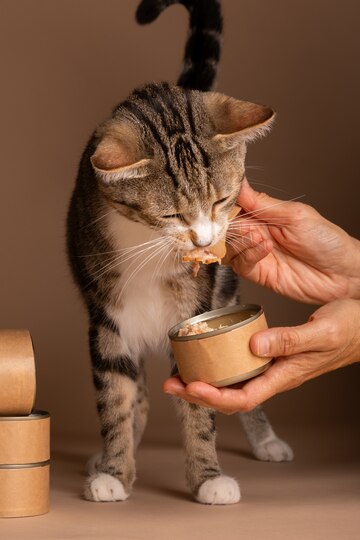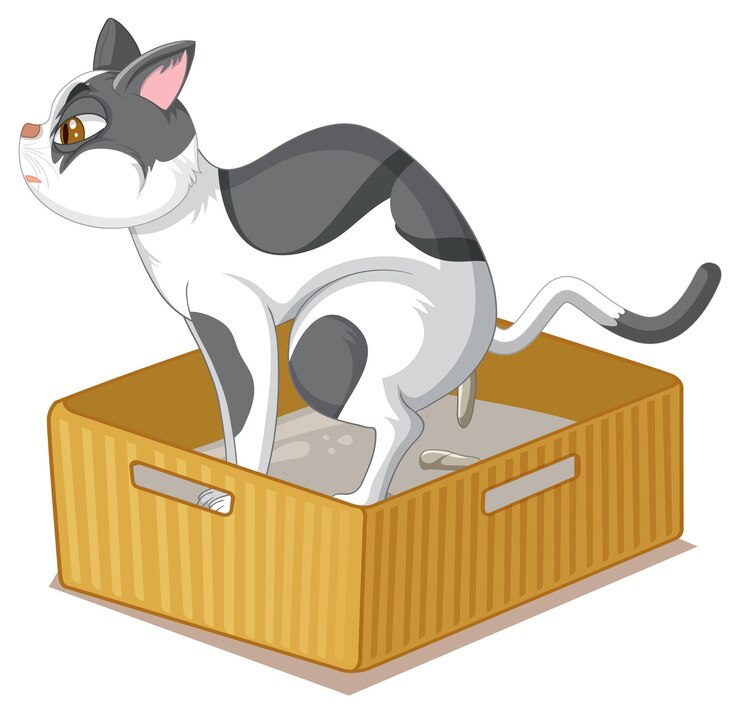Cats and Constipation

(Picture courtesy of Freepik.com)
When cats are constipated, it not only makes them uncomfortable and restless, it could be a sign of a serious underlying medical problem.
Cats, on average, move their bowels about every 24 to 36 hours. If yours doesn’t pass one as frequently, strains when attempting to poop or doesn’t leave any poop in her litter box, she may be constipated. While most cases of constipation are mild enough to be treated at home, it’s wisest to contact your vet if yours hasn’t moved her bowels in more than 48 to 72 hours.
If you’re unfamiliar with the many possible causes of feline constipation, consider the following:
Insufficient fiber in their diet
Dry food
Stress or anxiety
A bowel obstruction due to bones or string blocking it
Excessive grooming (this results in extra hair inside their digestive tracts)
Arthritis pain
Pain or spinal issues
Kidney problems
Feline megacolon (this occurs when a cat’s colon gets so large that the muscles are unable to squeeze, leading to a buildup of dry, hard stool)
Allergies
Nerve problems
Ruptured or impacted anal sacs (both can cause pain when defecating)
Narrow places, tumors or other problems within the colon
Chronic conditions like hyperthyroidism, diabetes or kidney disease
Inflammatory bowel disease
Perianal disease
Cancer
As to the various signs and symptoms of cat constipation:
Inability to defecate at all
Straining or crying when inside the litter box (Picture courtesy of Freepik.com)
Avoiding the litter box
Going into and leaving the litter box numerous times without pooping
Any one of these behaviors merits an immediate call to your vet since your cat may be suffering from a serious urinary tract problem.
And because constipation can be a sign of other underlying health issues, you may notice that your kitty is exhibiting one or more of these symptoms:
Decreased appetite
Drinking more or less water
Urinating more
Difficulty jumping up
Loss of muscle
Hiding
Walking stiffly
Weight loss
Nausea
Vomiting
In short, the reason(s) for your kitty’s severe constipation must first be properly diagnosed, then promptly treated to decrease the risk of permanent damage due to prolonged distension of her colon.
If, however, your kitty’s constipation is both infrequent and mild enough to be treated at home, consider the following suggestions:
Help her maintain a healthy weight
Minimize her stress and anxiety
Provide her with probiotics
Switch to a hypoallergenic diet, one with lamb or chicken and special, limited ingredients to reduce any intestinal inflammation
Try fiber-rich foods, a teaspoon of canned, pureed pumpkin once or twice daily, or ginger as natural remedies (Picture courtesy of Freepik.com)
Increase her exercise to both help her lose weight and keep her active, thereby reducing stress and promoting normal movement within her intestines
Use over-the-counter laxatives (before doing so, consult your vet since they may worsen symptoms in cats with underlying or chronic diseases) *
Keep track of how often your cat poops in her litter box and the consistency of her stool at least twice a week initially, then every week or every two weeks thereafter if all is well.

